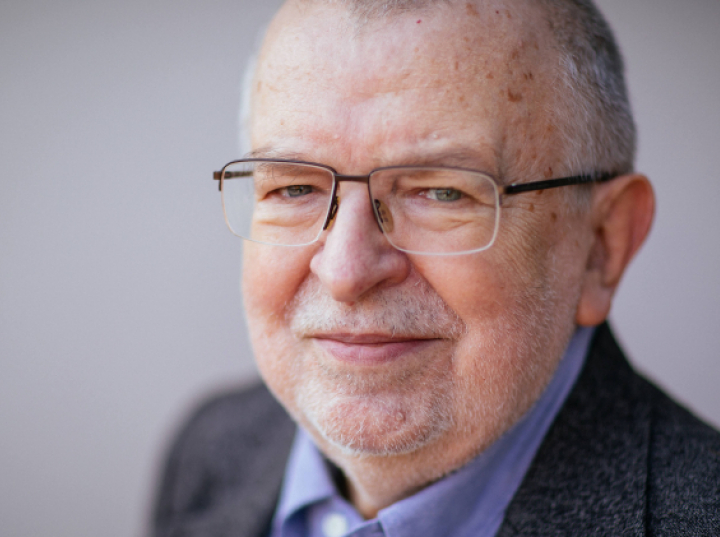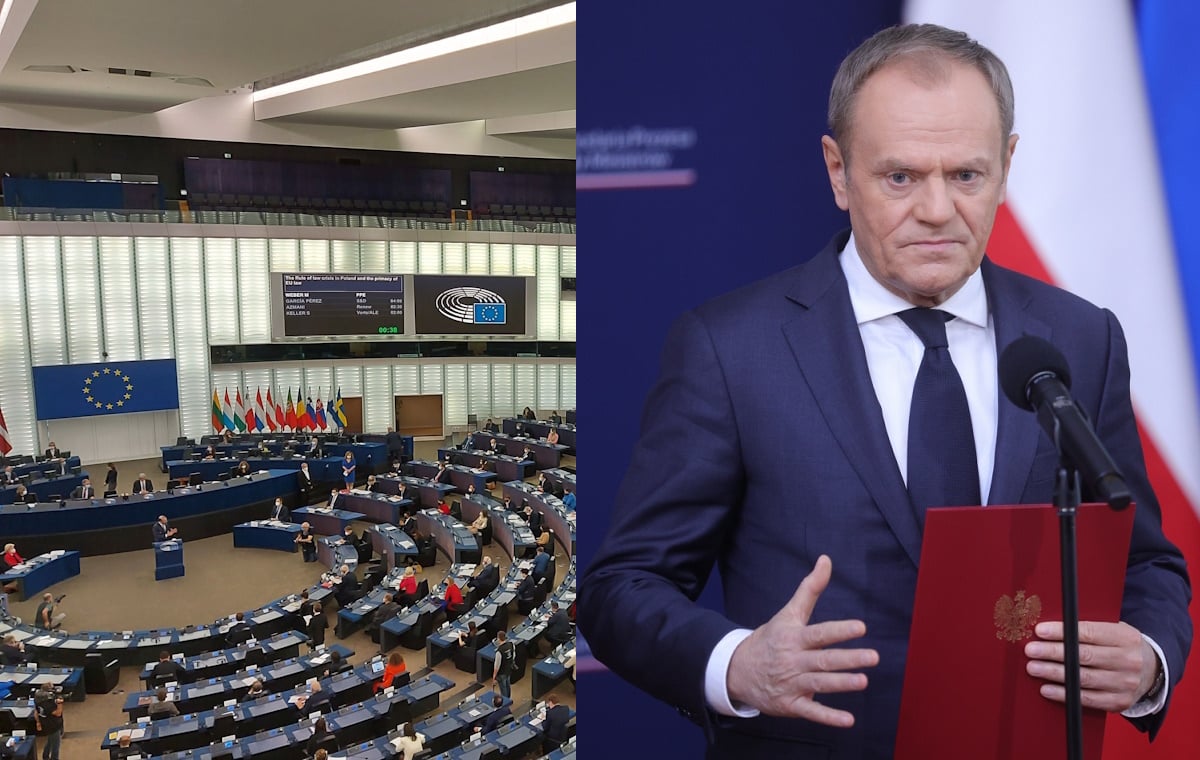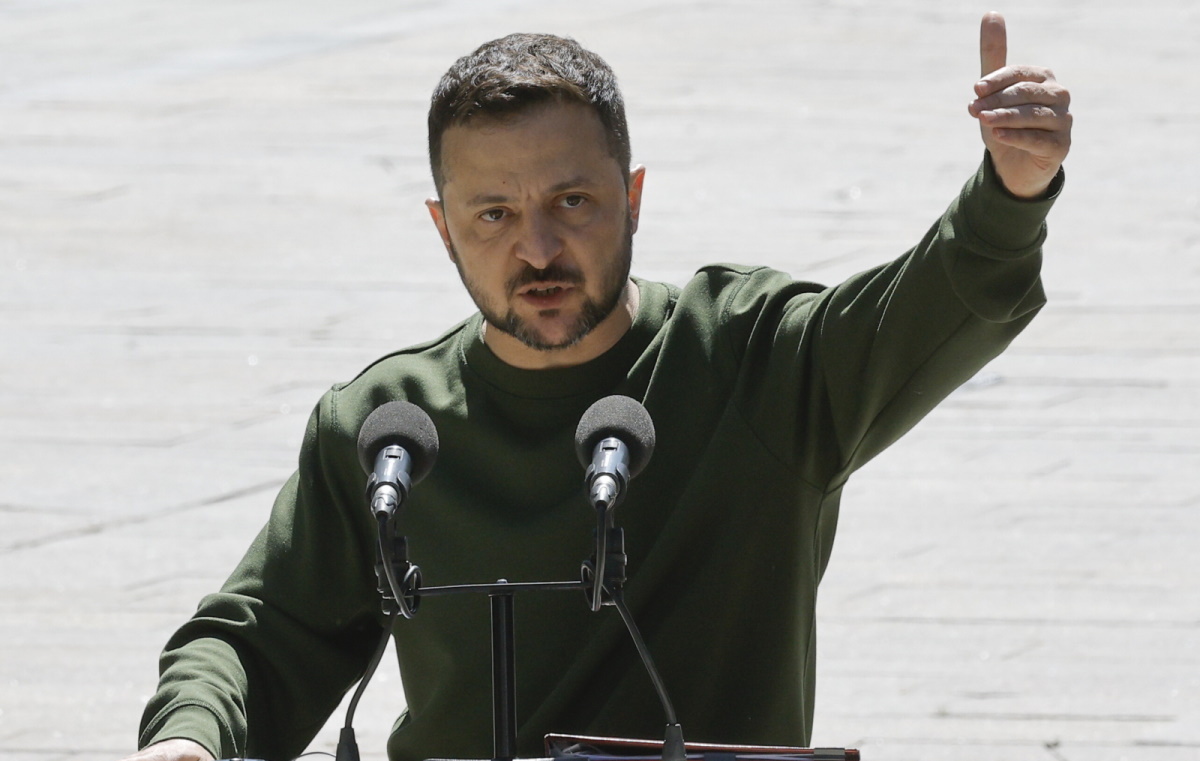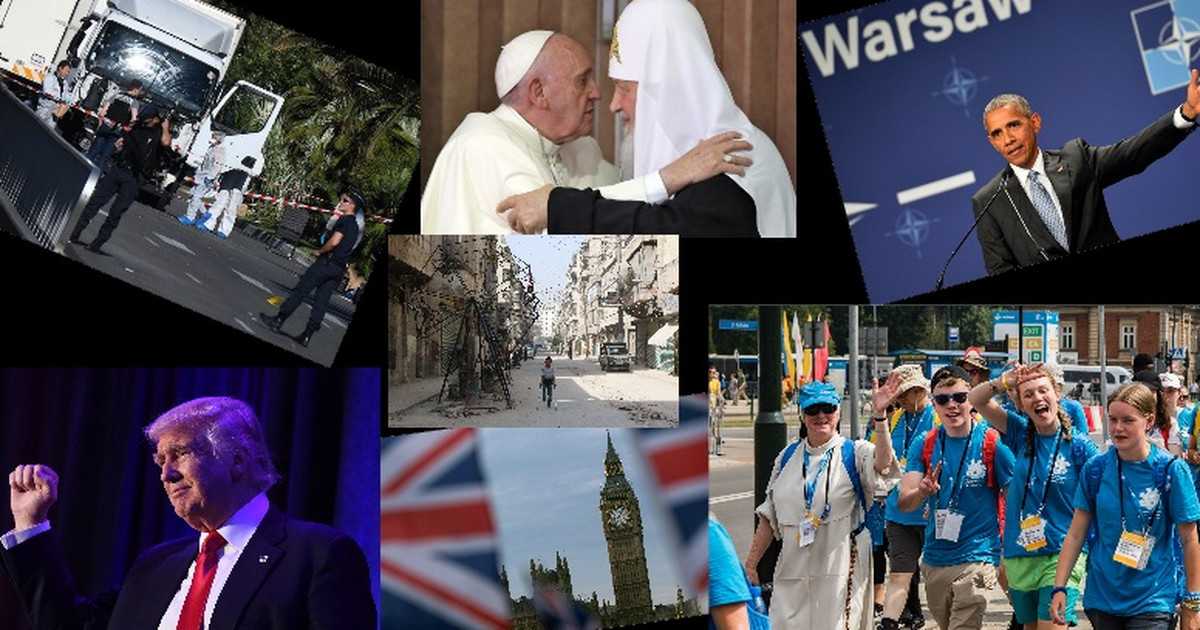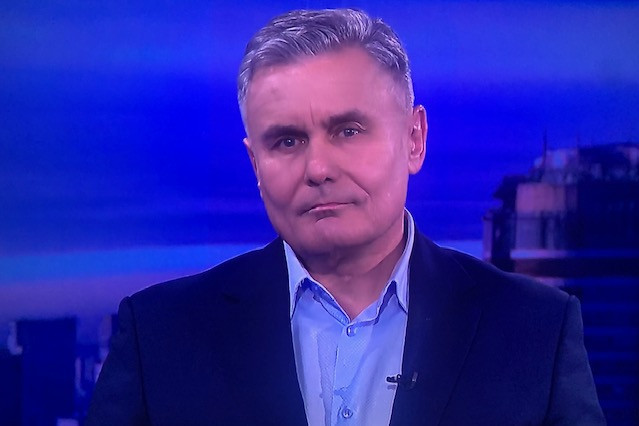Henry Kissinger was a geostrategist in the truest sense – Prof told PAP. Zbigniew Lewicki, professor of American studies at Cardinal Stefan Wyszyński University. “He understands the consequences of political actions in the context of generations, not individual years,” he added.
Former US Secretary of State, national security adviser and diplomat Henry Kissinger died on Wednesday at the age of 100 at his home in Connecticut, his company Kissinger Associates announced. He is one of the most influential but also controversial public figures in the US. He became famous primarily as an advisor to President Richard Nixon and the author of the opening of relations between Washington and communist China in 1972.
“Henry Kissinger was a geostrategist in the true sense of the word. Every politician could predict the consequences of his behavior in the short term, which was great in the medium term, but very little in the long term. Kissinger understood the consequences of political actions in the context of generations, not one year,” he emphasized in an interview from PAP, Americanist from Cardinal Stefan Wyszyński University, Prof. Zbigniew Lewicki.
He pointed out that “when Kissinger made American policy, he was fortunate to work with a president who also understood foreign policy perfectly.” “And that’s why he certainly became one of the greatest foreign policy thinkers and executors of the 20th century.” – added.
He also noted that like “every major geostrategist and politician, Kissinger was controversial.” Those who do nothing do not cause controversy, but they also do not contribute to the development of world politics and strategic concepts. Kissinger created many innovative negotiation methods with the Soviet Union” And although he was certainly not an enemy of Moscow, because then it was a little different, he taught Nixon, America and the world how to talk to Russia to achieve success, and not just to demonstrate his own independence, which was not means nothing. very important in the long term,” he explained. Prof. Levi.
Henry Kissinger, born Heinz Alfred Kissinger in 1923 to German Jewish parents from Bavaria, came to the United States in 1938 as a refugee from Nazi Germany. He began his studies in the US, and at the age of 20, after obtaining American citizenship, he fought in World War II, taking part in the Battle of the Bulge.
After the war, he began his academic career as a political scientist at Harvard, where he earned a Ph.D. In the 1960s he began to enter the world of politics. After Richard Nixon won the 1968 presidential election, he became national security adviser and later secretary of state in his administration and in the administration of Gerald Ford, Nixon’s successor.
He was later considered a major architect of US foreign policy and a practitioner of realpolitik. At the turn of 1971 and 1972, he played a major role in opening diplomatic relations with the People’s Republic of China, ending the communist regime’s policy of isolation, wishing to exploit the split between the People’s Republic of China and the Soviet Union. . A year later, thanks to talks with communist North Vietnam, he led the signing of the Treaty of Paris, which ended America’s involvement in the Vietnam War. For this, he received the Nobel Peace Prize in 1973, along with North Vietnamese general Le Duc Tho, which no other North Vietnamese general received. He also played a role in ending the Yom Kippur War in the Middle East and sought a thawing of relations with the Soviet Union.
After Ford lost the election, despite losing his influence, Kissinger remained an influential figure in international politics until the end of his life, informally advising the next president. (PAP)
Author: Anna Kruszyńska
hectare/joz/

“Reader. Future teen idol. Falls down a lot. Amateur communicator. Incurable student.”

